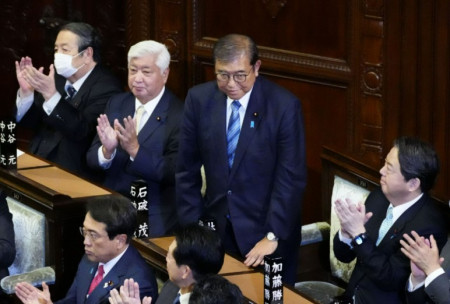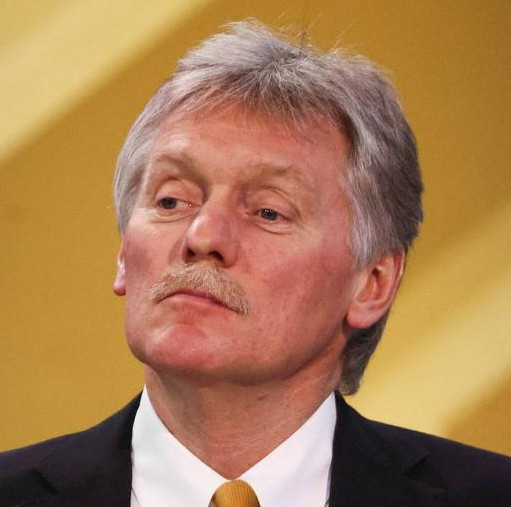
Amid an extremely challenging external situation, the ruling Liberal Democratic Party of Japan (LDP) has managed to overcome the internal political crisis and preserve national governability. Nevertheless, the party’s political clout has noticeably weakened over fundamental concessions to the opposition.
On November 11, Japanese Prime Minister Shigeru Ishiba was re-elected by the lower house of the country's parliament to lead the Cabinet. However, the LDP and the Komeito party, its coalition ally, will no longer reign supreme. The reason for this was the recent defeat of the coalition in the early parliamentary elections, announced by Ishiba right after his becoming new LDP chairman to replace Fumio Kishida in October.
The new Conservative leader thus tried to record higher confidence in his party, which is typical for a short while after changing its leader. But the people, outraged by fraud with party funds by many prominent LDPR figures, voted for the opposition. As a result, the coalition lost its parliamentary majority, which happened only twice in the LDP’s 70-year history, throwing it into a dilemma to dismiss the arrogant Ishiba, or give power to the opposition, or leave things as they were. All the scenarios appeared bad.
In the first instance, no one guaranteed that the new leader would be better than the previous one. On the other hand, the ministerial leapfrog that already plagued the country in the past decade, would only undermine the reputation of the ruling elite and weaken Japan's international position now that Trump the unpredictable has been elected President, not to mention the economic turmoil and aggravating security concerns.
The second option would stipulate that the opposition, primarily the Constitutional Democratic Party, declare readiness to assume power, with other small parties not willing to enter into a coalition with it. Meanwhile, the legislation required a vote on the candidacy of Cabinet chief. The transition of power was hardly visible here.
Driven by discord among the opposition, the LDP committed to creating a parliamentary minority government. Electoral arithmetic favored this, but fundamental concessions to the opposition in the course of legislative activity are still becoming inevitable.
On November 11, during the first round of voting in the 465-member House of Representatives, none of the candidates got the 233 votes required to become PM. In the second round featuring the two highest-rated candidates, Ishiba received 221 votes, outperforming leader of Constitutional Democrats Yoshihiko Noda with his 160 votes, and was declared winner, according to regulation.
However, the cost of prime minister's chair was his post in the influential budget committee of the lower house, which for the first time in three decades will be headed by an oppositionist. This means that parliamentary budget discussions to kick off in the next few days may more time and concessions from the ruling bloc. And the budget itself may undergo changes unfavorable to the Conservatives.
The ruling coalition has declared readiness to cooperate with the People's Democratic Party, whose ambiguous refusal to vote for both the opposition candidate and Ishiba allowed the latter retain his post. In response to the gesture, the LDP is inclined to accept the Dems’ idea of raising the tax ceiling of 1.03 million yen ($6,700) to generate more revenue for the poor. Other compromises are feasible as well, and not only economic ones.
The opposition seeks to keep pressing the Liberal Democratic Party of Japan into radical political reforms. In particular, it is planned to review legislation on political funds, which the former Conservative leadership got ruined on, which implies increased transparency in fundraising and independent supervision.
However, Ishiba may now well engage in diplomacy. He is going to have meetings with Chinese President Xi Jinping and America’s Donald Trump. And most likely, he will not give up on moving along the path of uneasy political compromise.


